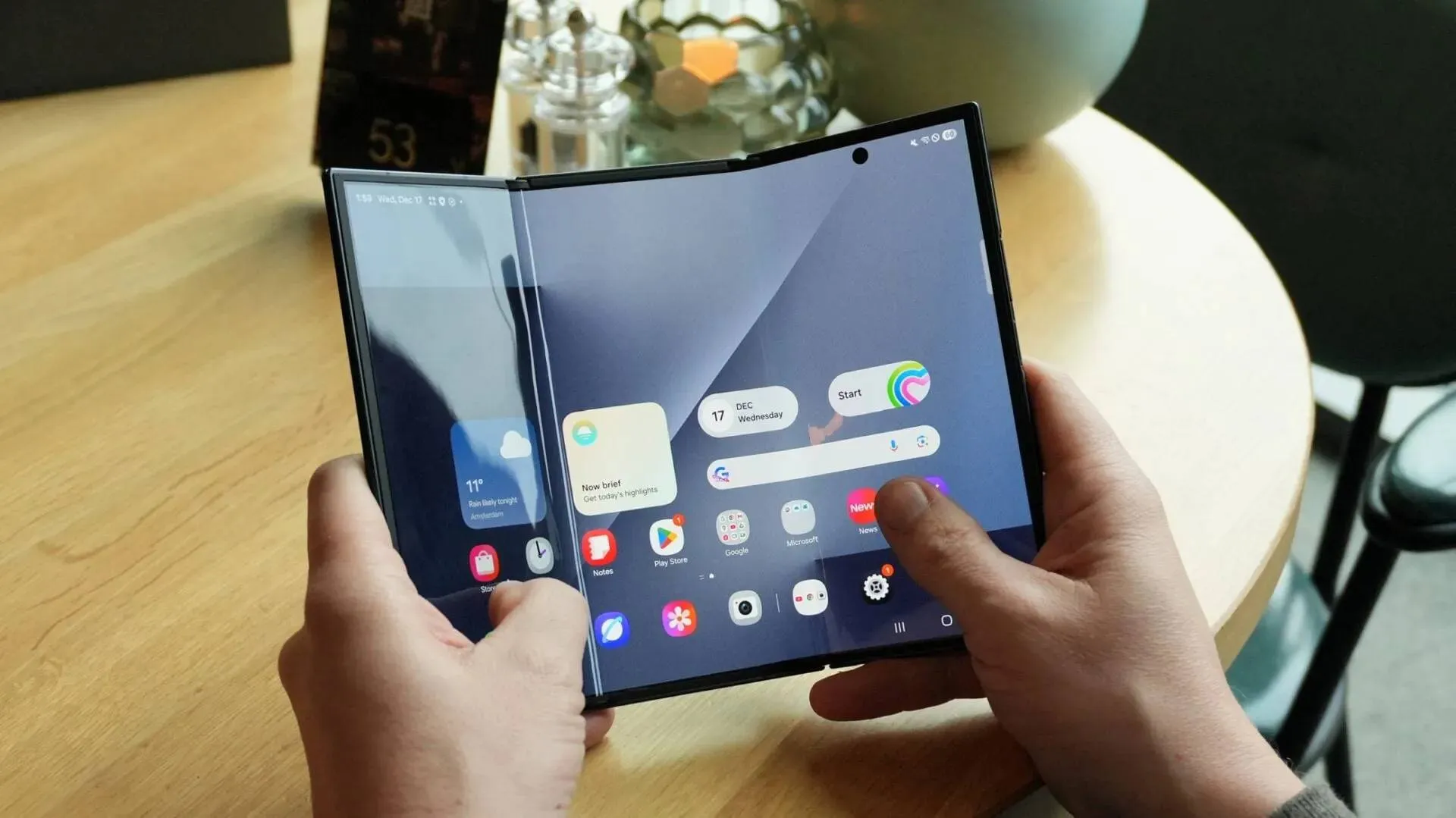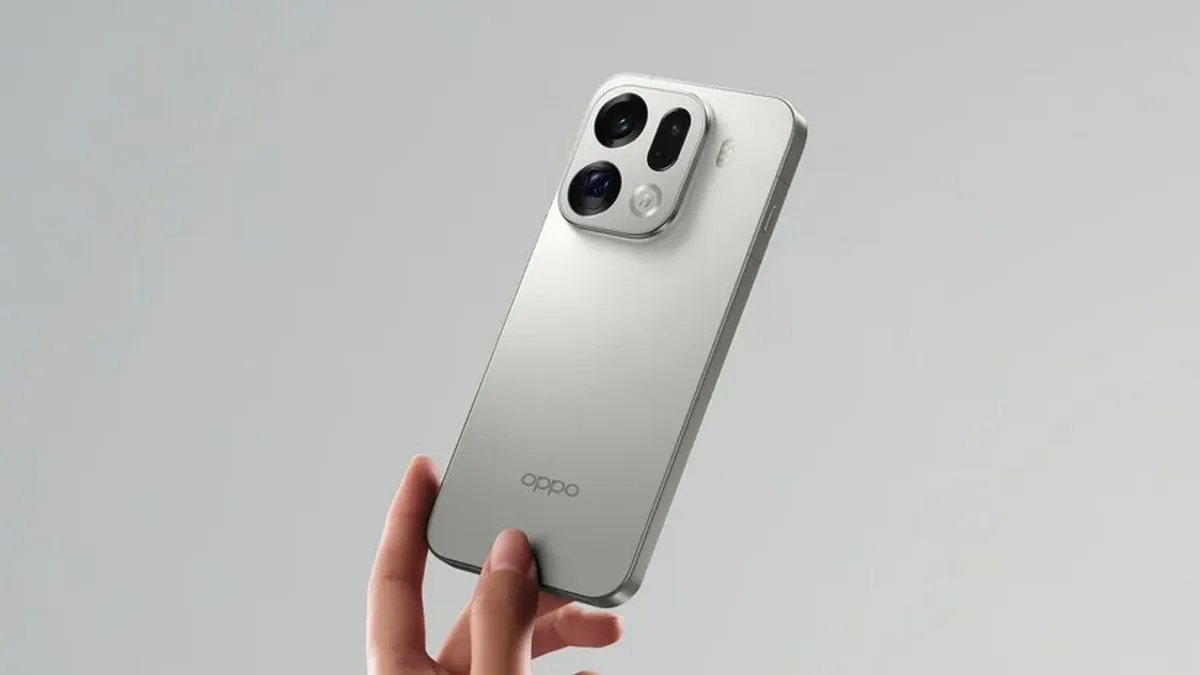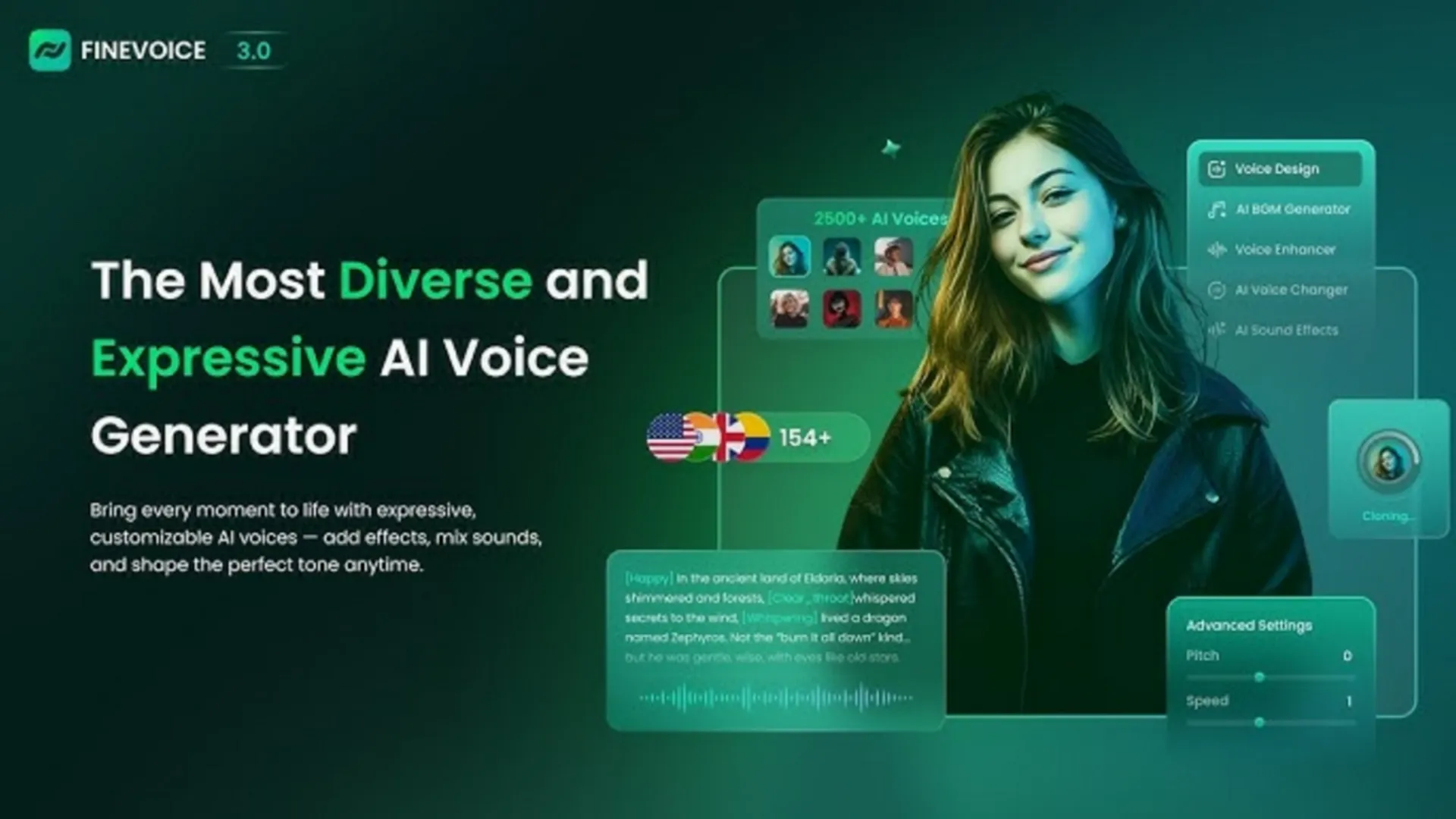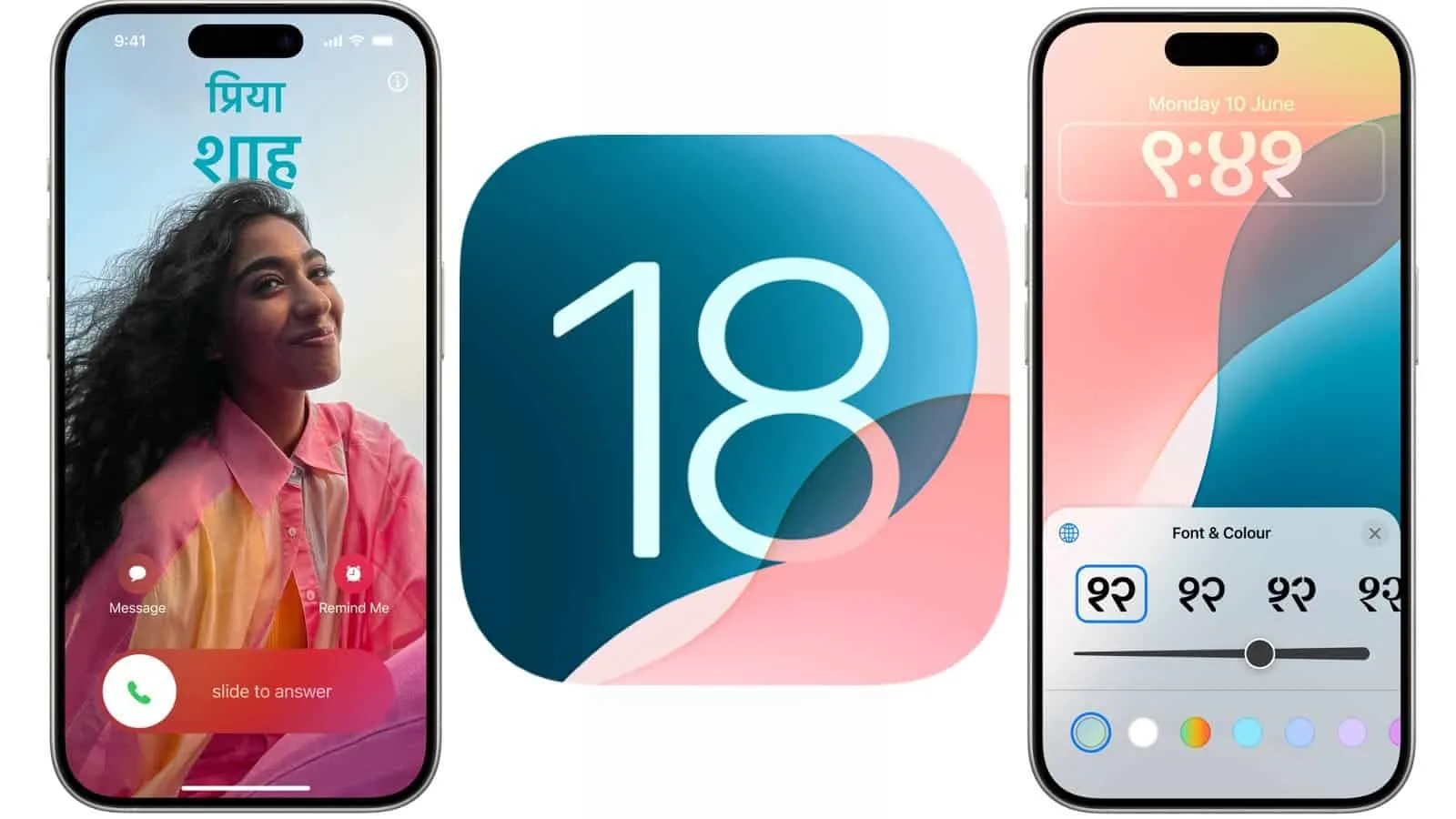
The European Union has been upholding the laws of the Digital Markets Acts (DMA) and this means that Apple and other big companies must make changes if they want to continue operating in Europe. Apple has made several changes, but it still doesn’t seem to meet the DMA's standards. In its latest move, Apple is bringing a major shift to iPhone software with iOS 18.2, finally allowing alternative engines in web browsers. Thanks to recent EU rulings, this update will allow a wider scope for third-party browsers, giving users the option to try out new choices beyond Apple’s WebKit, which has long been the only option. With this, Apple steps closer to a fair field in mobile browsing, at least in Europe.
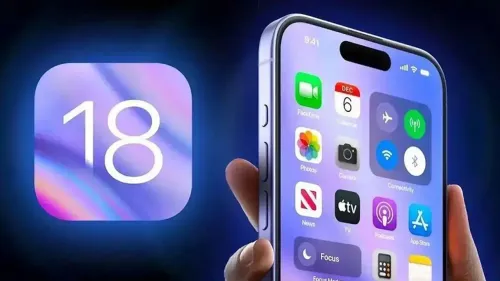
A New Era for Browsers
At the heart of any web browser is its engine, which handles how web code turns into a webpage. This engine is key to speed, ease, and layout, giving each browser its unique touch. Until now, Apple has locked all browsers on iPhones to its WebKit engine, blocking developers from adding their own. This restriction has been a point of debate, as it limits user choice and holds back browser innovation.
The EU's new legal stance changes this. iOS 18.2 will allow developers in Europe to bring their own engines, not only in standalone apps but also within web apps on the iPhone. This shift will likely give users a richer web experience and foster more competition among top web players.
Standalone and Web Apps Get a Boost
Before now, the WebKit-only rule meant all browsers on iOS had the same core, leading to few differences. Now, this iOS update opens doors for engines like Chrome’s Blink and Firefox’s Gecko. Such changes mean third-party browsers can now act as more than a “skin” for WebKit, instead offering new choices for users who want features that go beyond the basic.
This step is part of Apple’s bid to meet the EU’s goals for fair digital access. It also signals a new path for web apps, which Apple initially cut off on EU iPhones. Now, users in the EU will see web apps with the same engine perks that standalone apps have.

Just in Europe – For Now
Although this alteration exclusively impacts iPhones across Europe, it may eventually expand beyond. Prominent browser developers with resources to adjust could potentially introduce these engine capabilities to audiences outside the EU. Currently, it’s uncertain whether smaller developers will participate. Nevertheless, given the potential to transform the global browser landscape, this initiative might extend to other territories, as Apple responds to evolving user expectations. iOS 18.2 represents a progressive shift for Apple, answering EU demands for greater choice in technology. While these modifications apply solely in Europe, they may foster a broader, more inclusive future in digital browsing worldwide.
Loading
